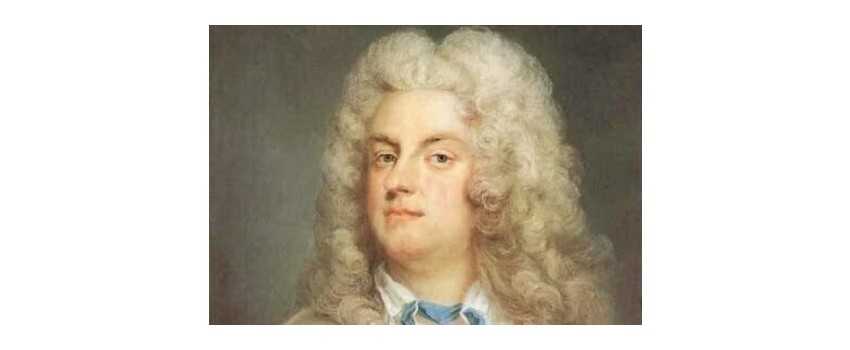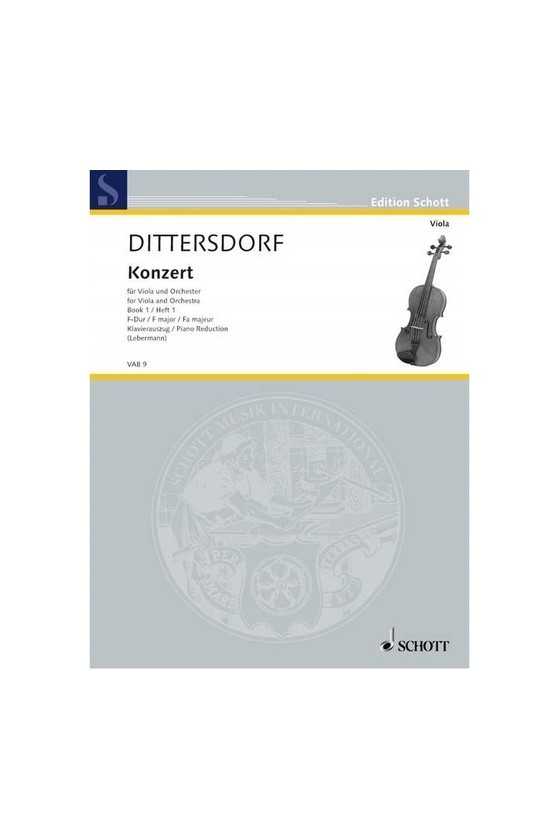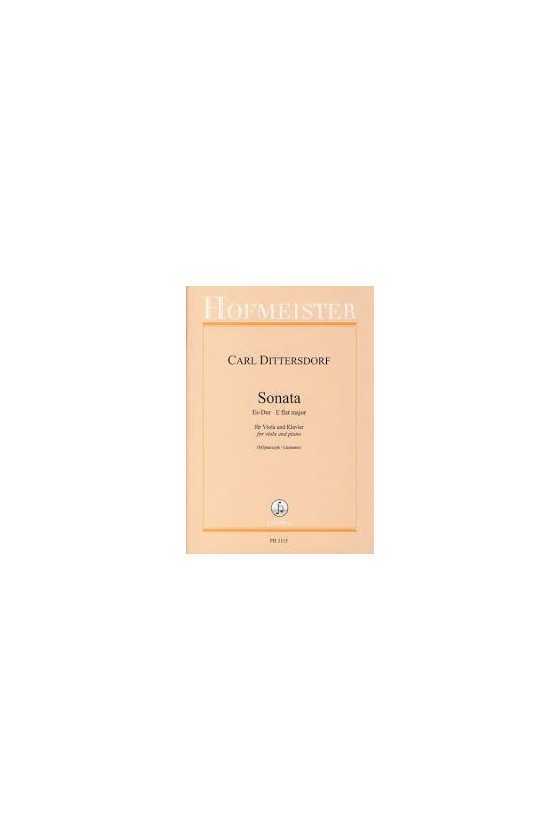Dittersdorf, Carl Ditters von
In his native Vienna, Dittersdorf had music lessons from Giuseppe Bonno and worked as a violinist in the Prince of Sachsen-Hildburghausen orchestra before entering the imperial theatre. He then worked as Kapellmeister to the Bishop of Grosswardein, replacing Michael Haydn there in 1762. He became Kapellmeister to the Prince-Bishop of Breslau in 1769, receiving the patent of nobility that applied the honorific 'von Dittersdorf' to the name of Ditters. Conditions worsened in the political circumstances of that era in Johannisberg, the seat of the Prince-Bishop, and he fled with his family to enter the household of a nobleman in Bohemia after the death of his employer in 1795. He dictated his intriguing autobiography, a detailed description of musical life in his day, to his son before death.
Dittersdorf published a significant number of stage works. A collection of Singspiel, mainly for Vienna, preceded the earlier Italian works written for Johannisberg, and 11 more such works for Duke Friedrich-August of Brunswick-Oels in 1793 and 1794. This, all in all, represent a significant stage in the form's growth. In four such pieces, Dittersdorf made his proper contribution to oratorio. He composed arrangements for church usage of the Mass and other liturgical works and cantatas and arias. None are his secular vocal plays. The chamber music of Dittersdorf contains string quartets and quintets, divertimenti, and arrangements for groups of wind instruments with all the precision of the Classical form.




